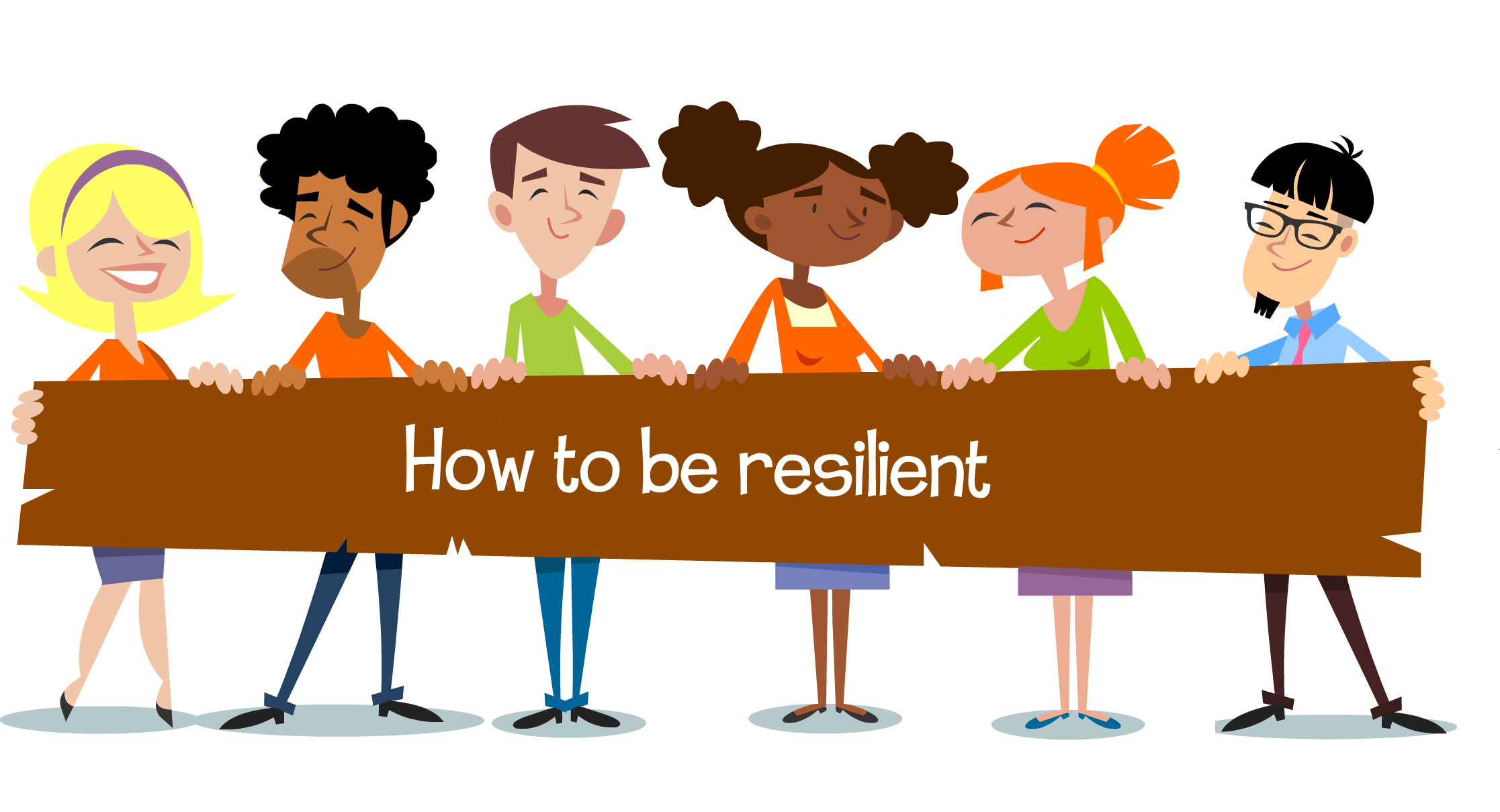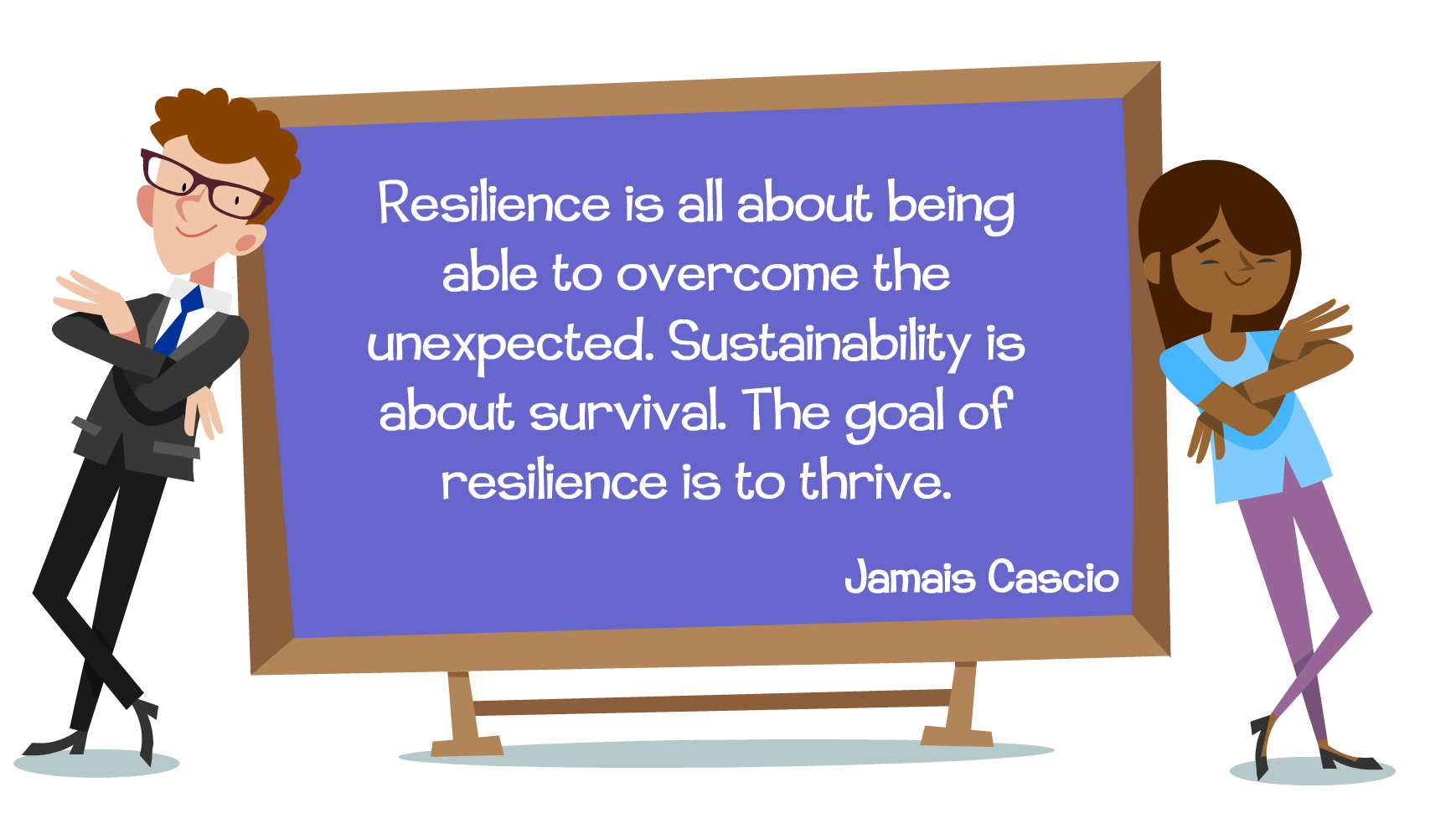
And then resilience enters the room, the most elegant of emotional beings; glowing; refined; a reminder that even a flicker of light glows amid the darkness. And we can save our tiny ship of troubles from life’s stormy seas once again.
This has to be one of my favourite descriptions of resilience. I discovered this whilst reading an inspiring blog by a critical care nurse called Sonja M. Schwartzbach.
Resilience, in many ways, is a beautiful, rich and and inspiring topic. It is also an essential skill to cultivate and your ability to be resilient to stress, setbacks, adversity, and change depends so much on your inner resources and strength. It is also important to understand that the curve balls that life will inevitably throw you, perversely, are very often the most valuable lessons when it comes to learning about and building your personal resilience.
As Theodore Roosevelt once remarked, “For those who have had to fight for it, life has truly a flavour the protected shall never know.”
So how can you build your personal resilience?
Being a resilient person is more than just being able to recover and survive, it is also about learning, growing and thriving as a person. Here are ten key strategies that will help you to be more resilient:
1. Take a journey of self-discovery
Self-awareness, self-confidence and self-efficacy all play an essential role in helping you to cope with stress and recover from difficult events. Understanding yourself is the first port of call and then reminding yourself of your strengths and accomplishments is key. Becoming more confident about your own ability to respond and deal with a crisis is a great way to build resilience for the future. Challenges can be stepping stones or stumbling blocks. It’s just a matter of how you view them and how much faith you have in yourself to overcome them.

2. See the glass half full
Staying positive during dark periods can be difficult and it is important to maintain a hopeful outlook. Being an optimist does not mean being naive and ignoring the problem. It means understanding that setbacks are transient and that you have the skills and abilities to combat the challenges you face. There is a risk when something difficult arises that you fall into the pessimistic trap of believing that everything is doom and gloom. So much of resilience is about how you choose to respond to each situation and an optimistic perspective will most certainly lead you in a more positive direction.

3. Take emotional control
Being emotionally aware and recognising how you can potentially react in certain situations will help you to exercise more self-control. It will also help you to be more considerate with regards to how your response can affect other people. High emotion can be exhausting so managing emotions during any ordeal will help you to focus your energy where it is best placed. People who are emotionally intelligent and understand their emotions are generally far more resilient.
4. Change for the better
Being positive about change is a really good approach. You may not be able to control or change circumstances; however, you can absolutely choose and change your attitude towards them so you are far more in control than you think. Flexibility is an essential part of being able to manage change and, by learning how to be more adaptable, you will be much better equipped to respond to any life crisis you experience. Resilient people often utilise these events as an opportunity to branch out in new directions. While some people may be crushed by abrupt changes, highly resilient individuals are able to embrace change and seek to use their energy to influence it.

5. Cope well with conflict
Conflict is an inevitable part of life and there is nothing wrong with it. It is only when it becomes combat that it becomes problematic. We all have different personalities and along with those go belief systems, values, perspectives, likes and dislikes. Some conflict can be difficult and, at times, unsettling – especially if you take it personally and are very sensitive. The outcome of conflict, however, can be very positive. It can help you to create new ideas, learn from others, understand yourself better, see different perspectives and improve your own communication. Learning how to cope with and manage conflict is a very important life skill in the increasingly diverse world that we live in.
6. Embrace probortunities
The word probortunity is a hybrid between the words “problem” and “opportunity” and looks at the concept of taking every problematic situation and seeking out the opportunity. It works on the premise that even in every crisis situation an opportunity will arise and there will be some benefit. It is a useful approach to problems and helps you come at them from a positive angle. Developing a good set of problem-solving skills is a valuable toolkit to equip yourself with and knowing what practical steps to take will give you confidence when you are faced with adversity.

7. Look after yourself
When you are feeling traumatised, stressed and upset, it can be all too easy to neglect your own well-being. Losing your appetite, overeating, not exercising, not getting enough sleep, drinking too much alcohol, not drinking enough water, driving yourself too hard, are all common reactions to a crisis situation. This is the time when you need to work on building your self-nurturance skills, especially when you are troubled. Making time to invest into your well-being will boost your overall health and resilience and you will be better equipped to face life’s inevitable challenges.

8. Make positive connections
Building and sustaining a strong network of supportive friends, family and work colleagues will act as a protective factor during times of difficulty. It is important to have people you trust and can confide in. Whilst simply talking about a situation with a friend or loved one will not necessarily make troubles go away, it will allow you to share your feelings, gain support, receive feedback and come up with possible solutions to your problems. Listening to other people’s experiences can be really useful too and, although we can’t always learn from others’ mistakes, there will certainly be some good advice out there.
9. Keep going
A quote that is often attributed to Winston Churchill is this: “If you are going through hell, keep going.” There is a lot to be said for picking yourself up, dusting yourself off and carrying on. It is not, however, about “toughing it out” at any costs. Self-care and being kind to yourself in the process are essential. Being resilient is about the ability to bounce back and get on with life. The key is to think of each setback or upset as a stepping stone and it is really important to be able to do this quickly rather than festering and ruminating for too long. Letting go of the angst that you experience is important rather than carrying lots of negative baggage with you that will just weigh you down and make the journey ahead more difficult.

10. Create a vision
In times of crisis or when you are feeling low it is good to hold on to your dream and not lose sight of the fact that you can always have something to look forward to. There are lots of benefits to creating a vision and setting goals. First and foremost, they help you to develop clarity, which is the first step to helping you achieve what you want in life. Goals unlock your positive mind and release energies and ideas for success and achievement. Without goals, you simply drift and flow on the currents of life. With goals, you fly like an arrow, straight and true to your target. Setting goals gives you direction, purpose, focus and most important of all, hope.


